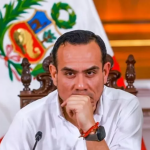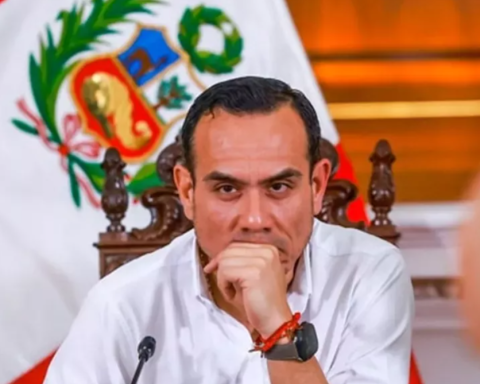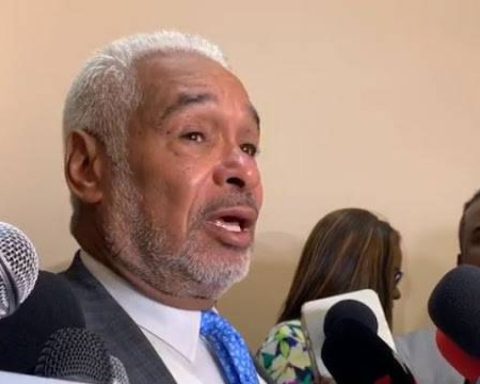The International Monetary Fund began to see much stronger growth from Brazil this year, in line with the trend for Latin America and the Caribbean, reflecting stronger-than-expected activity in the first half.
in your report Global Economic Perspectivereleased this Tuesday (11), the Fund started to see expansion of the Gross Domestic Product of Brazil (GDP) in 2022 of 2.8%, 1.1 percentage point above the previous estimate, made in July.
For 2023, however, activity should register a strong deceleration, with growth of only 1%, according to the IMF, which adjusted its estimate for the year by 0.1 point.
The new numbers are similar to those projected by the Central Bank, which sees an expansion of 2.7% of GDP this year and 1% next. The Ministry of Economy also forecasts an expansion of 2.7% for GDP in 2022, but is much more optimistic for 2023, seeing an increase of 2.5% next year.
Latin America
The move to Brazil in the IMF report came in line with revisions for the Latin America and Caribbean region, whose 2022 growth estimate improved by 0.5 point to 3.5%. For 2023, the estimate is for expansion of 1.7%, 0.3 points less than in the previous report.
The better-than-expected activity in the first half of the year for the region is due, according to the IMF, to “favorable commodity prices, still favorable external financing conditions and the normalization of activities in contact-dependent sectors.”
The IMF warned, however, that growth in the region is likely to slow in late 2022 and 2023 as trading partners weaken, financial conditions tighten and oil prices ease. commodities.
For the group of emerging markets and developing economies, of which Brazil is a part, the IMF raised its growth estimate this year by 0.1 point and lowered that of the next year by 0.2 point, to 3.7% in both the cases.
“The external environment is already quite challenging for many emerging markets and developing economies. The strong appreciation of the dollar significantly increases domestic price pressures and the cost of living crisis for these countries”, warned the IMF.
The Fund also highlighted that capital flows have not recovered, and that many low-income and developing economies remain in debt problems.
“The 2022 shocks will reopen economic wounds that had only partially healed after the pandemic.”
The IMF highlighted that negative revisions were more pronounced for advanced economies than for emerging and developing ones, widening the divergence from growth.
“In short, the worst is yet to come, and for many people 2023 will look like a recession,” he said.
Inflation
The IMF also highlighted the inflationary scenario in its report, noting that the rise in prices soared to the highest levels in several decades in the world, causing a tightening of monetary policy and household budgets, just as fiscal support related to the pandemic.
For emerging market and developing economies, inflation is expected to rise from 5.9% in 2021 to 9.9% in 2022 and decelerate to 8.1% in 2023.
Consumer inflation in Brazil, as calculated by the IMF for the end of the period, is expected to be 6% this year and 4.7% in 2023.
Specialists consulted by the Central Bank project an IPCA of 5.71% for this year and 5% for 2023.
*Reproduction of this content is prohibited
















